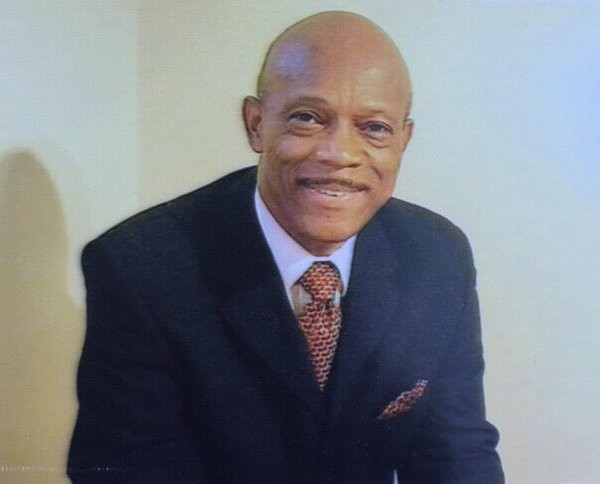Willie Earl Bates, owner of the Four Way Restaurant in South Memphis’ Soulsville, USA community, died from cancer last week. I’m not sure the city of Memphis knows what it has lost.

Willie Earl Bates
In 2001, after 50-plus years in operation under Clint and Irene Cleaves, Bates purchased the tiny but famous restaurant. He had been an executive with Universal Life Insurance, a real estate developer, and, early in life, delivered The Commercial Appeal in a red wagon, of which he was quite proud. The wagon sits outside the restaurant today in a fenced garden courtyard, dedicated to Bates’ mother, the late Magnolia Gossett Bates.
Bates was also proud to be the owner of a restaurant that helped change history — and served some of the best soul food in the world. Clint Cleaves was Mayor E.H. “Boss” Crump’s driver, and Crump told all of his friends that they needed to support the Fourway Grill (as it was known then) and it soon became the first truly desegregated restaurant in Memphis.
It was also a popular gathering spot for civil rights leaders such as Dr. Martin Luther King, Rev. Jesse Jackson, and others. The Fourway was immensely popular among musicians, hosting the likes of Aretha Franklin, Elvis Presley, Gladys Night & the Pips, Ike & Tina Turner, and practically every artist who ever recorded around the corner at Stax Records.
I’ve been eating at the Four Way every couple of weeks since starting to work at Stax back in 2004. In 2014, I wrote a piece on Bates for Memphis magazine, and when I asked Mr. Bates what he thought about all of the celebrities who had eaten there (including hip-hop superstar Drake, who had just been there weeks earlier), he said: “I had a mother and daughter from Oklahoma in here not too long ago who had come from St. Jude. They had found out about the restaurant, and the little girl wanted to eat here. That was so touching, so satisfying, to know that we were able to make her happy during a time like that.”
That pretty much sums up Willie Earl Bates and why Memphis may not really know what it has lost.
Bates was a successful businessman and could easily have retired long before his death at 76, but he was too intent on making Memphis — and particularly Soulsville — a better place. He worked with numerous nonprofit organizations to help improve life in the community and often donated food to children’s organizations and other causes.
Former Mayor A C Wharton told me, “The Four Way always has been, and continues to be, a gathering place for community leaders. It may seem a bit quirky, but it was a status symbol to enter The Four Way through the back door and dine in the back room. Principals, doctors, lawyers, and accomplished entertainers, and occasionally, a skinny, hungry black Ole Miss law student like me could often be found in the ‘back room’ being served by Miss Dot.”
Various crews from the Food Network and Travel Channel featured his famous catfish, turkey-and-dressing, yams, peach cobbler, and chitterlings, which Bates always told me never to order, as he made a face and shook his head.
Last year, author Dave Hoekstra published the critically acclaimed The People’s Place: Soul Food Restaurants and Reminiscences from the Civil Rights Era to Today, and the first restaurant he visited was the Four Way. Hoekstra was asked by the New York Times, “If someone wanted to follow your path, but had time to visit only one city, what would it be?” Hoekstra’s answer: “Memphis. I know at least seven or eight soul food restaurants in Memphis. But to get to what we’re getting at in the book, with the whole combination of the food and the civil rights movement, the Four Way holds a special place in my heart — they were so giving with their stories and with their hospitality. Just the whole history of Memphis and the civil rights movement .”
When I wrote my story for Memphis magazine, it was pretty much standard journalism and storytelling. What I didn’t get to include was how much I loved Mr. Bates and what an important friend he was to me. He had a genuine light-show twinkle in his eye every time I saw him. He was one of the kindest people I have ever known. Memphis was lucky to have had him. I’m luckier to have been his friend.